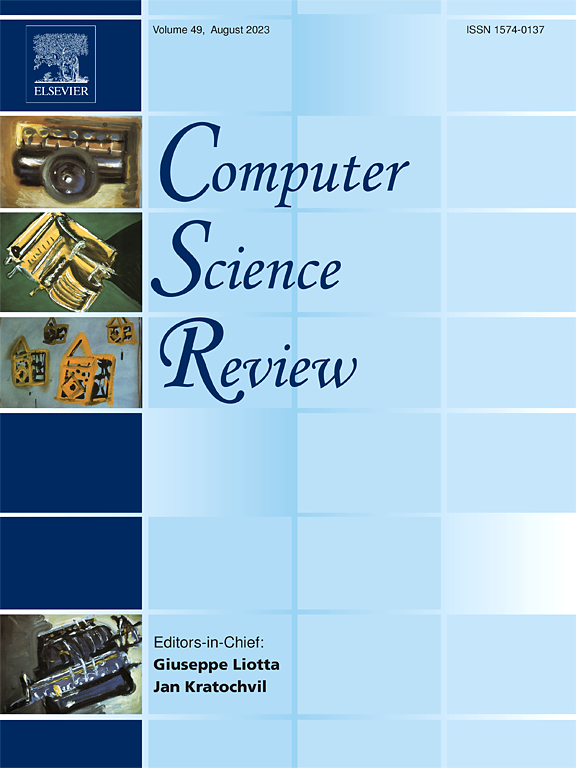Robust defense mechanisms for protecting Wireless Sensor Networks from Denial-of-Service Threats, A comprehensive in-depth analysis
IF 12.7
1区 计算机科学
Q1 COMPUTER SCIENCE, INFORMATION SYSTEMS
引用次数: 0
Abstract
Wireless Sensor Networks (WSNs) are inherently vulnerable due to their reliance on wireless communication and often unattended deployment. These vulnerabilities make them frequent targets of Denial-of-Service (DoS) attacks, which can significantly disrupt network operations and degrade overall functionality. This study presents a comparative analysis of the resilience of three core WSN clustering paradigms: Deterministic, Probabilistic, and Hybrid models, against a range of DoS attack scenarios. Six distinct DoS attack types, including Black Hole, various Gray Hole variants, Flooding, and Scheduling attacks are examined, along with an analysis of the impact of varying cluster head rotation periods. We provide an in-depth understanding of the impact of these attacks by examining key performance indicators like Packet Delivery Ratio (PDR), network lifetime, throughput, and energy consumption to support the development of innovative strategies for enhancing resilience. The analysis reveals that, while each clustering approach has particular advantages, there is no generic solution suitable for all scenarios. To quantify the impact of DoS attacks on clustering models, we introduced the Attack Impact Score (AIS), which measures the degradation of critical performance metrics. The Deterministic model tends to be more vulnerable to aggressive attack scenarios, whereas Probabilistic and Hybrid models show slightly greater resilience under specific conditions. However, none of the models demonstrated complete robustness when facing sophisticated attacks. Further, two-way ANOVA analysis were performed to evaluate the attack impact on key performance metrics, providing deeper insights into overall resilience of the WSN clustering architectures to various DoS attack scenarios.
保护无线传感器网络免受拒绝服务威胁的强大防御机制,全面深入的分析
无线传感器网络(wsn)由于依赖无线通信和经常无人值守部署而具有固有的脆弱性。这些漏洞使它们经常成为拒绝服务(DoS)攻击的目标,这会严重破坏网络运行并降低整体功能。本研究对三种核心WSN聚类模式(确定性、概率和混合模型)在一系列DoS攻击场景下的弹性进行了比较分析。检查了六种不同的DoS攻击类型,包括黑洞,各种灰洞变体,洪水和调度攻击,并分析了不同簇头旋转周期的影响。我们通过检查关键性能指标(如数据包传递率(PDR)、网络生命周期、吞吐量和能耗)来深入了解这些攻击的影响,以支持开发增强弹性的创新策略。分析表明,虽然每种聚类方法都有其独特的优点,但没有适用于所有场景的通用解决方案。为了量化DoS攻击对集群模型的影响,我们引入了攻击影响评分(AIS),它测量关键性能指标的退化。确定性模型往往更容易受到侵略性攻击场景的影响,而概率和混合模型在特定条件下显示出稍强的弹性。然而,在面对复杂的攻击时,没有一个模型表现出完全的健壮性。此外,还进行了双向方差分析,以评估攻击对关键性能指标的影响,从而更深入地了解WSN集群架构对各种DoS攻击场景的整体弹性。
本文章由计算机程序翻译,如有差异,请以英文原文为准。
求助全文
约1分钟内获得全文
求助全文
来源期刊

Computer Science Review
Computer Science-General Computer Science
CiteScore
32.70
自引率
0.00%
发文量
26
审稿时长
51 days
期刊介绍:
Computer Science Review, a publication dedicated to research surveys and expository overviews of open problems in computer science, targets a broad audience within the field seeking comprehensive insights into the latest developments. The journal welcomes articles from various fields as long as their content impacts the advancement of computer science. In particular, articles that review the application of well-known Computer Science methods to other areas are in scope only if these articles advance the fundamental understanding of those methods.
 求助内容:
求助内容: 应助结果提醒方式:
应助结果提醒方式:


